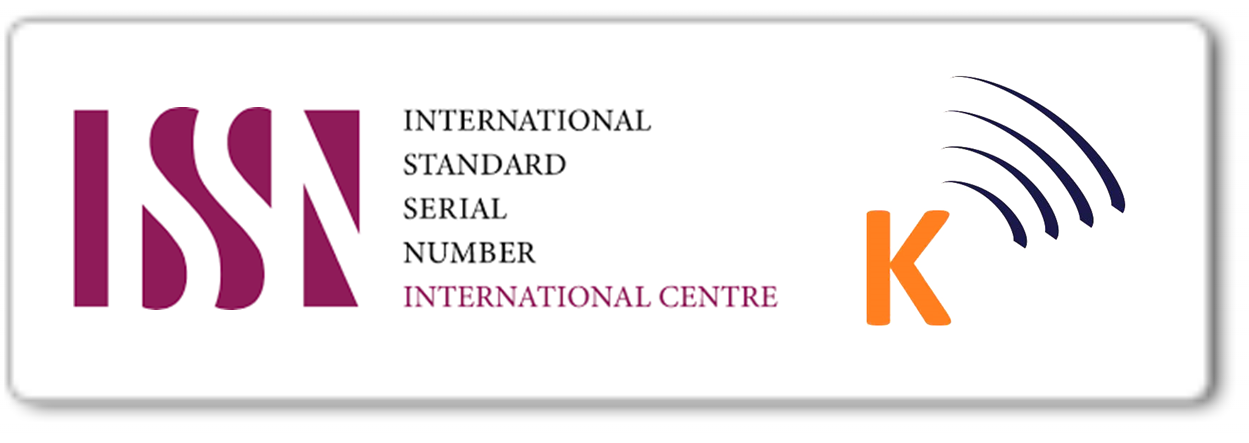THE CHALLENGES OF SECONDARY LEVEL BUSINESS EDUCATION IN BANGLADESH
Keywords: assessment, Bangladesh, business curriculum, business education pedagogy, business education, infrastructure, secondary level
Abstract
This paper discusses challenges of secondary level business education in Bangladesh. In particular, it explores the challenges related to curriculum, pedagogy, infrastructure and assessment systems in school. We looked at the existing facilities in schools that teach business education, teaching strategies used in the classrooms as well as the perceptions of teachers and students towards business education.Using an online survey, data was collected from 101 respondents who are secondary level school teachers. Findings reveal that challenges are mainly related to curriculum, pedagogy, infrastructure, and assessment system. However, infrastructure and students’ attitude-related challenges are the greatest challenges. In addition, we find that most of the business studies classes are attended by more than 40 students, contributing to issues related to pedagogy, infrastructure and assessment. The study recommends that the present curriculum, infrastructure, and assessment procedure of business education at the secondary level need to be upgraded for effective secondary level business education in the country.
Artikel ini membahas tantangan pendidikan bisnis tingkat menengah di Bangladesh. terkait dengan kurikulum, pedagogi, infrastruktur dan sistem penilaian di sekolah, khususnya dalam hal fasilitas sekolah untuk pendidikan bisnis, strategi pengajaran yang digunakan, serta persepsi guru dan siswa terhadap pendidikan bisnis. Metode yang digunakan survei online dari 101 guru sekolah menengah. Temuan mengungkapkan bahwa tantangan terutama terkait dengan kurikulum, pedagogi, infrastruktur, dan sistem penilaian. Namun, infrastruktur dan sikap siswa merupakan tantangan terbesar. Selain itu, jumlah siswa yang cukup besar, lebih dari 40 siswa, berkontribusi pada masalah yang berkaitan dengan pedagogi, infrastruktur, dan penilaian. Studi ini merekomendasikan bahwa kurikulum, infrastruktur, dan prosedur penilaian pendidikan bisnis di tingkat menengah perlu ditingkatkan efektivitasnya di negara tersebut.
Downloads
References
Ahmed, M. M. (2018). Learner-Centred pedagogical practices in MBA program: A case study in Bangladesh Open University. Bangladesh Open University Journal of Business Studies, 4(1), 57-67.
Bajada, C. & Trayler, R. (2013). Interdisciplinary business education: Curriculum through collaboration. Education +Training,55(4/5),385-402. https://doi.org/ 10.1108/00400911311326027.
Bakogianni, E., Tsitouridou, M., & Kyridis, A. (2020). MOOCs in teachers’ professional development: examining teacher readiness. Academia, (18), 9-40.
Bangladesh. Bangladesh Bureau of Educational Information and Statistics (BANBEIS). (2018). Bangladesh Education Statistics 2018 (New) (Chapter-three: Secondary School Education). Retrieved from http://data.banbeis.gov.bd/images/ban004.pdf
Bangladesh. Ministry of Education (2016). National Education Policy 2010. https://moedu.gov.bd/site/page/318a22d2-b400-48a7-8222-303ab11cc205/National-Education-Policy-2010-.
Edomwonyi, J., & Osarumwense, R. (2017). Business education in Nigeria: Issues, challenges and way forward for national development. Journal of Collaborative Research and Development (JCRD), 5(1), 1-25.
Ekoh, A. C. (2018). Traditional pedagogy to innovative pedagogy in business education: a challenge to business educators. Nigerian Journal of Business Education (NIGJBED), 3(2), 133-144.
Ezeani, N. S. (2012). The teacher and skills acquisition at business education: from the perspective of accounting skills. Arabian Journal of Business and Management Review (OMAN Chapter), 2(4),25-36.
James, L. T., & Casidy, R. (2018). Authentic assessment in business education: its effects on student satisfaction and promoting behaviour. Studies in higher education, 43(3), 401-415.
Nwaigburu, K. O., & Eneogwe, V. N. (2013). Business Education for Self Reliance and Sustainable Development in Nigeria. Academic Journal of Interdisciplinary Studies, 2(10), 113-113.
Salome, E. N. (2012). The teacher and skills acquisition at business education: From the perspective of accounting skills. Oman Chapter of Arabian Journal of Business and Management Review, 34(973), 1-12.
Subramaniam, T. T., Suhaimi, N. A., Latif, L. A., Kassim, Z., & Fadzil, M. (2019). MOOCs readiness: The scenario in Malaysia. International Review of Research in Open and Distance Learning, 20(3), 80-101.
Umezulike, A.N. & Okoye, A.C. (2013). Promoting the stability of the Nigerian Economy through Quality Assurance in Business Education. ABEN Book of Readings, 3(1), 181-187.
Copyright (c) 2021 MD. Meraz Ahmed, Haroon Harshita Aini, Tambi Fatimah, Hossain MD. Kamal

This work is licensed under a Creative Commons Attribution-NonCommercial-ShareAlike 4.0 International License.







